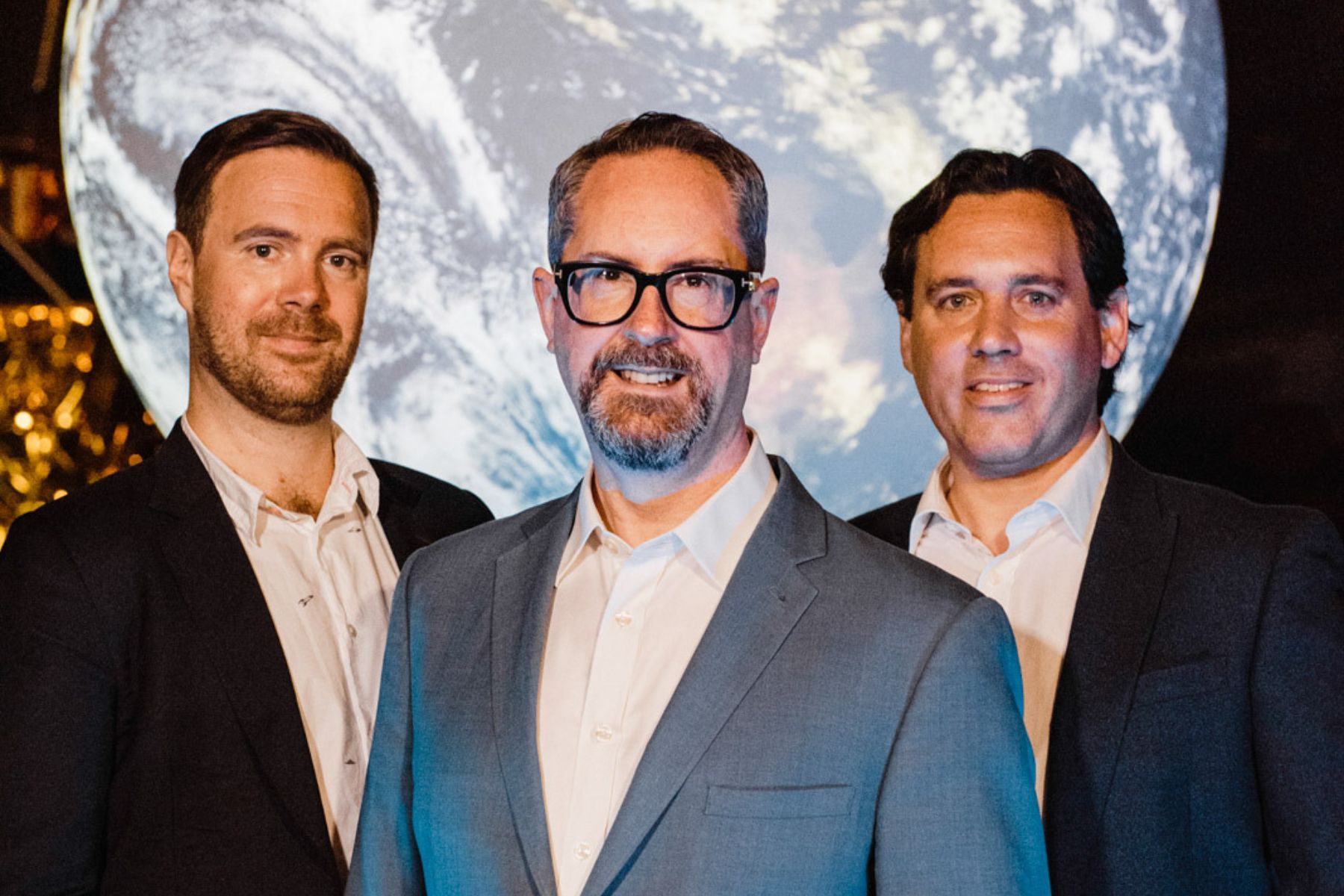'Every agrifoodtech investor in Europe is asking us about this one thing': Pinc’s Marika King on the hidden niche in foodtech
Foodtech isn’t dead – it’s just sobered up.<br><br>That’s the assessment from Marika King, head of investments at Pinc, the venture arm of Finnish food giant Paulig, known for its coffee and taco brands. And while much of the sector is still sluggish, there’s one area investors can’t stop calling about.<br><br>Here’s where she sees the industry heading – and what she’s betting on next.


Foodtech investments have returned to earth with a bump. After what many described as a hype cycle in the sector, with sky-high valuations around 2022, the market remains characterised by greater caution.
That's according to Marika King, investment director at Finnish food giant Paulig's investment arm Pinc, which invests across the entire agrifoodtech chain.
"Generally, I think it's quite sluggish still. The processes are long and fewer investments are being made, particularly in early stages," she tells Impact Loop.
At the same time, Pinc itself has invested more than ever before, she reveals – a result of long relationships that have matured into investment decisions.
"Sometimes when we enter a company, another investor will say: 'We said no to them a year ago'. I usually reply that 'we did too, but we also told them to come back if they sorted out a few things'."
Sustainability arguments aren't enough
What once characterised the foodtech bubble in the early 2020s – investors valuing companies more as tech than as food – is definitively over, according to Marika King.
She points to how plant-based alternatives were hit particularly hard when consumers realised that many products were neither tastier nor healthier than traditional alternatives.
"The primary driver for plant-based was never sustainability, but health and 'better for you'," says Marika King, continuing:
"And if you then discover that it wasn't 'better for you', then of course there's going to be a backlash."
The lesson is clear: being sustainable isn't enough as a selling point.
"You can't just come along and say that something should just be better for the environment – it often has to be both cheaper and have clearer functional or health benefits."
Smart machines show potential
In the new investment climate, risk assessment has become central, King believes. One mistake companies make is having several different types of risk: tech risk, commercial risk and regulatory risk. These companies find it particularly difficult – the risks reinforce each other exponentially.
"If you can remove one or two of them, it's better," she says.
Within agtech, many investors see the greatest potential in smart machines – sensors, machinery solutions and internet of things technology with concrete, calculable effects.
At the same time, it's harder for biostimulants, King argues, as they're more difficult to prove and calculate returns on.
Lacking state support
King also thinks the entire venture capital industry faces a crucial question when it comes to foodtech:
"In recent years, there has been much discussion about whether sustainable agrifoodtech can be financed with venture capital at all. Do the ten-year horizons that traditional venture capital companies work with actually work?"
Opinions are divided, there's no consensus. But one way forward that King highlights is collaborating with other financiers like family offices, angel investors and larger companies with their own investment arms.
The niche many are missing
Despite the challenges, she sees several bright spots ahead. One clear trend is that many foodtech companies are moving from just selling to consumers to also selling to other businesses, which can provide more stable revenues.
"It's usually best to have both. Just B2C usually never works," says King.
Pinc has invested in three companies working with so-called "crop breeding" – development of climate-resistant crops. An area where few others have dared to invest.
With new technology in genetic engineering and AI, she believes the area has great potential, despite traditionally long development times. Interest from other investors is growing rapidly.
"There isn't an agrifoodtech investor in Europe who isn't asking us right now about which company they should invest in within this area."
Get full access to Europe's new platform for impact news
- Quality journalism, interviews, investor profiles and deep-dives
- Daily newsletter with top stories, latest funding rounds and roundup to keep you in the loop
Keep reading – get in the loop!
- Håll dig i loopen med vårt dagliga nyhetsbrev (gratis!)
- Full tillgång till daglig kvalitetsjournalistik med allt du behöver veta inom impact
- Affärsnätverk för entreprenörer och investerare med månatliga meetups
Fortsätt läsa – kom in i loopen!
- Håll dig i loopen med vårt dagliga nyhetsbrev (gratis)!
- Full tillgång till daglig kvalitetsjournalistik med allt du behöver veta inom impact
- Affärsnätverk för entreprenörer och investerare med månatliga meetups









